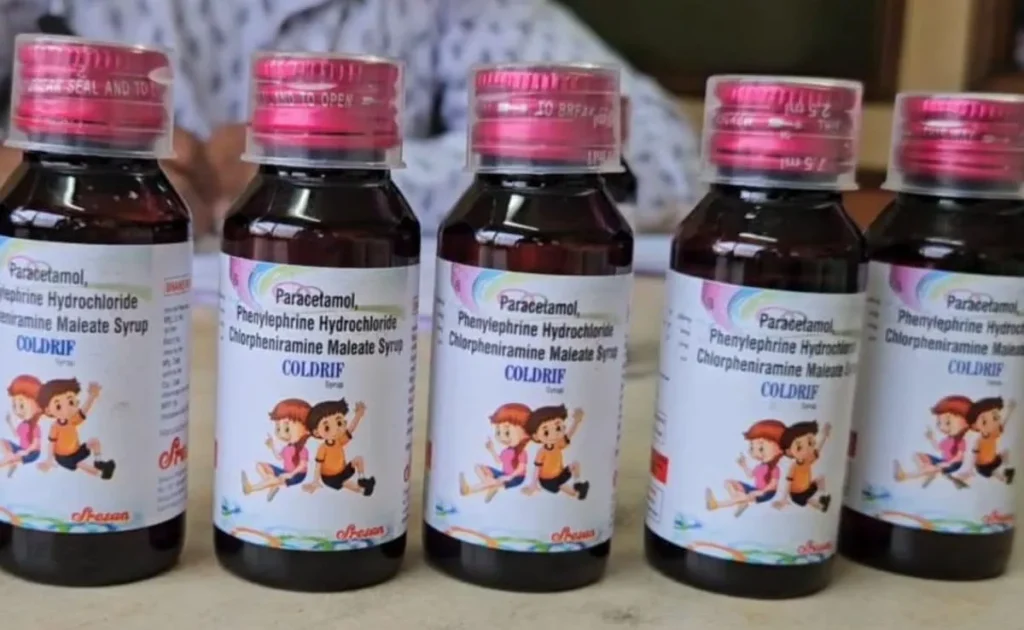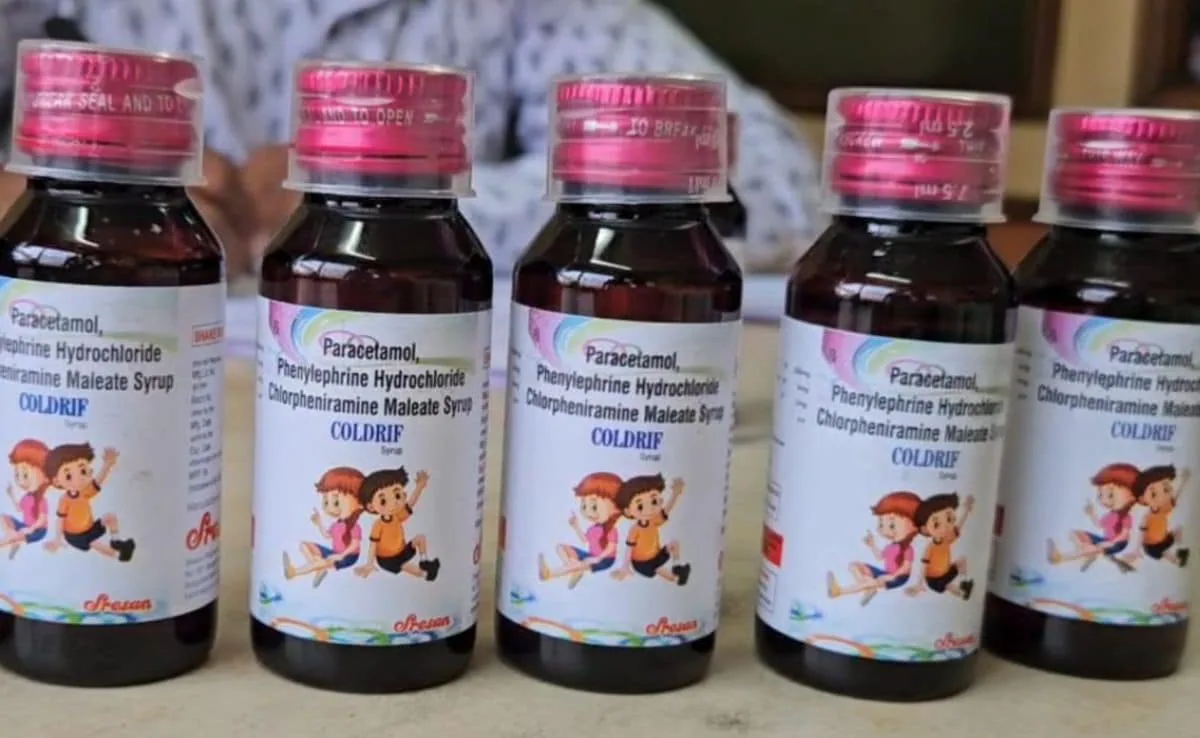
In response to a series of tragic cough syrup–related deaths reported in Gambia, Uzbekistan, and Cameroon, the Government of India has directed all pharmaceutical manufacturers to comply with global Good Manufacturing Practices (GMP) by January 2026. The decision, led by the Ministry of Health and Family Welfare and the Central Drugs Standard Control Organisation (CDSCO), marks one of India’s strongest regulatory actions to restore confidence in its $50 billion drug export sector.
Key Directives
Under the new order, drugmakers must upgrade their facilities to align with World Health Organization (WHO) standards, including modern quality control systems, data integrity, and batch traceability. Smaller firms, which constitute nearly 70% of India’s drug manufacturers, have been instructed to complete mandatory quality audits and update their infrastructure within the given timeline.
The directive comes after investigations revealed that contaminated cough syrups exported from India contained dangerous levels of diethylene glycol and ethylene glycol, toxic substances linked to the deaths of several children abroad. India, one of the world’s largest suppliers of generic medicines, faced intense global scrutiny following these incidents.
Industry and Government Response
The Health Ministry has assured that it will provide technical support and training to smaller manufacturers to meet GMP benchmarks. Meanwhile, export-oriented pharmaceutical companies have welcomed the move, viewing it as essential to maintaining credibility and market access in regions like Africa, Southeast Asia, and Latin America.
Experts believe the decision will strengthen India’s position as a trusted global pharma hub, though smaller units may struggle with compliance costs.
India Advocacy Insight
India’s latest directive signals a decisive shift toward accountability and quality assurance in the pharmaceutical industry. By enforcing WHO-aligned standards, the government aims to eliminate regulatory lapses and prevent future tragedies tied to substandard exports. The move not only safeguards global health but also reinforces India’s reputation as a responsible leader in medicine manufacturing and international trade compliance.
![]()




